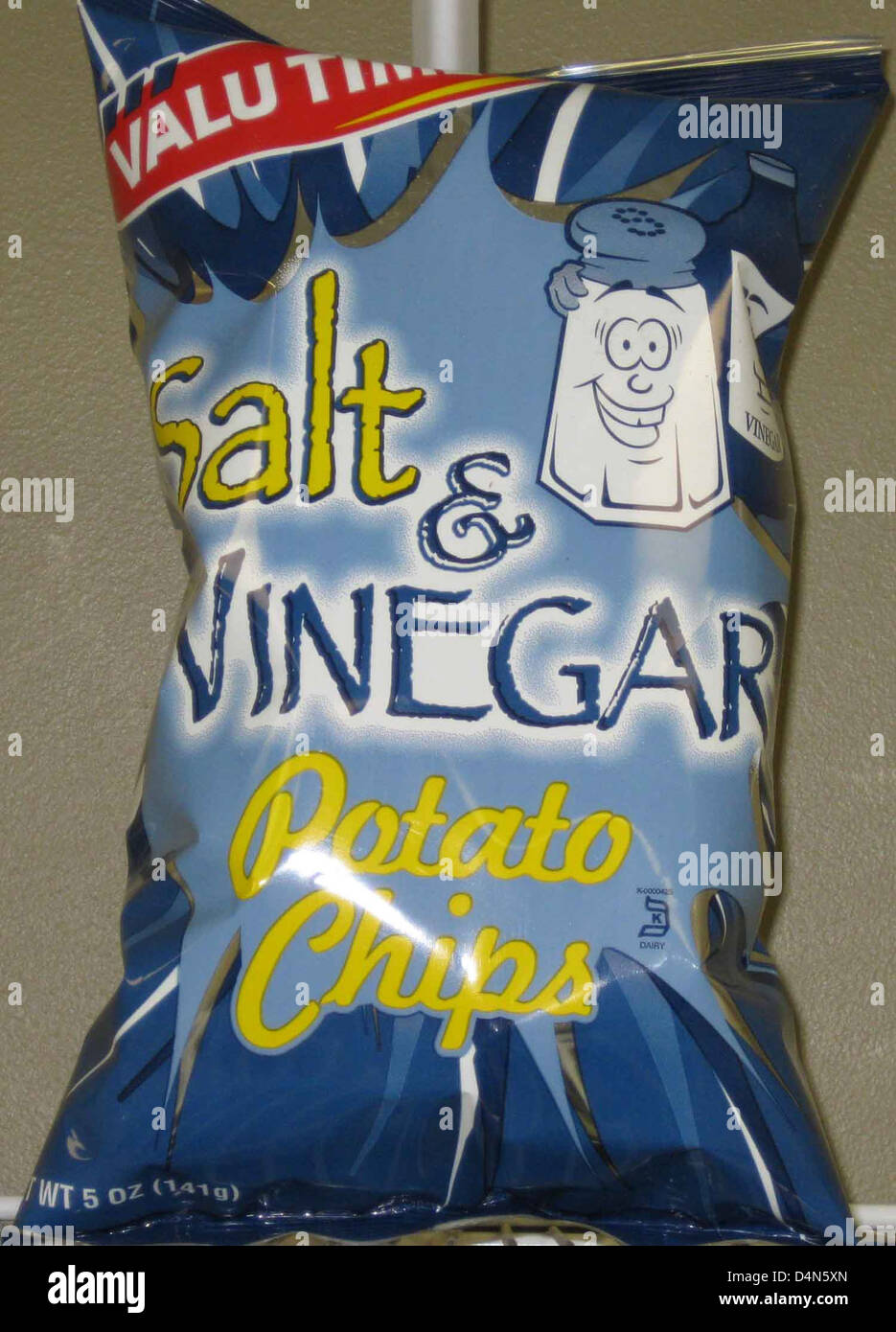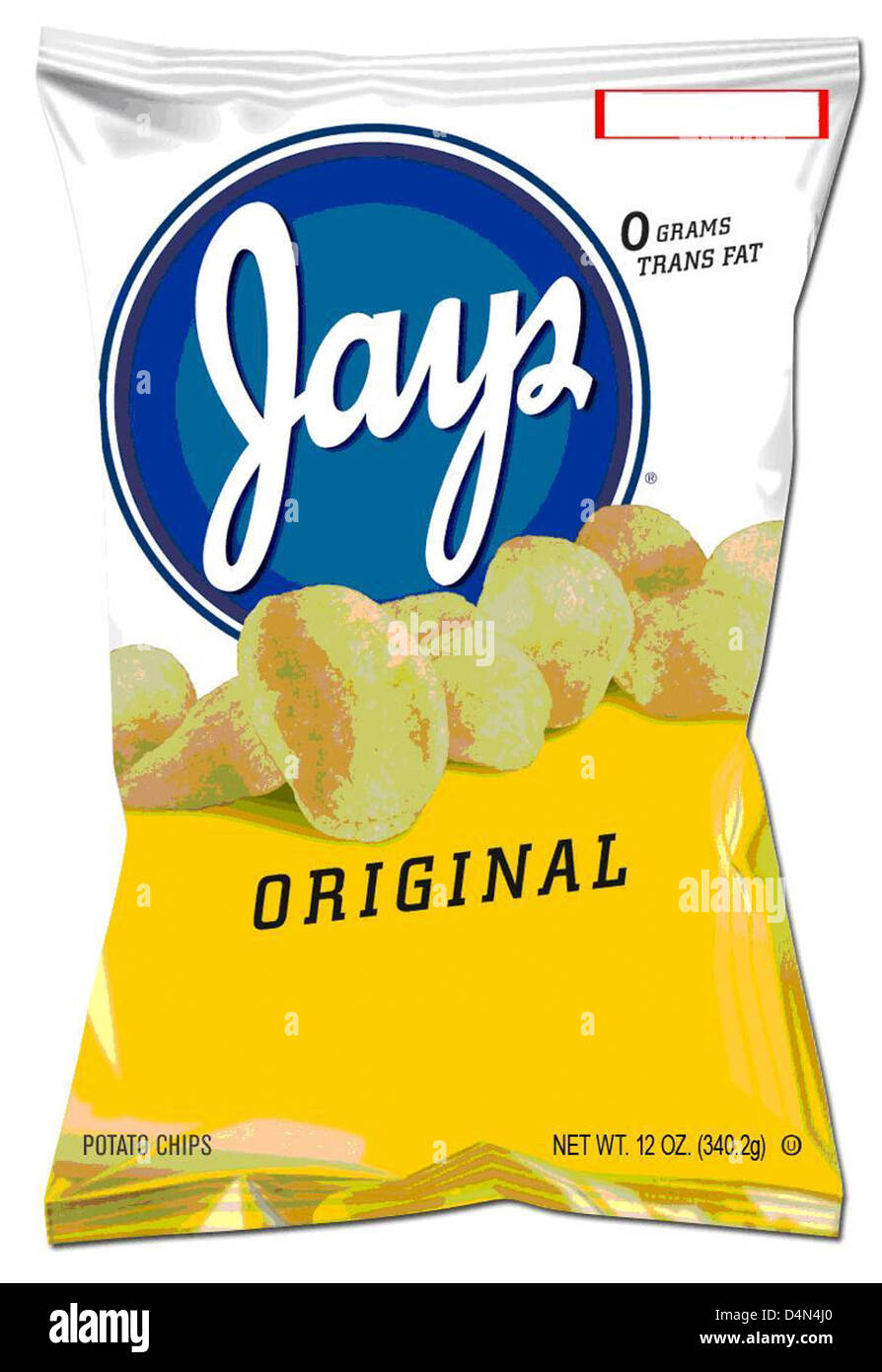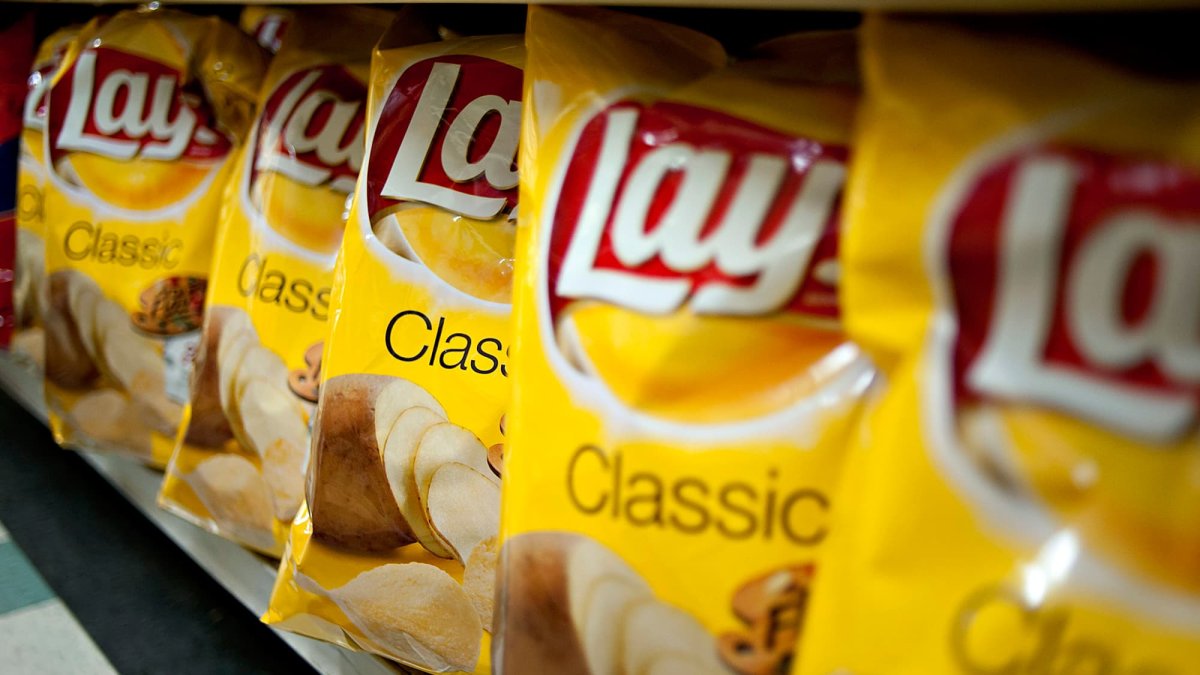Hey there, snack lovers! Ever heard about recalled potato chips? Yeah, it’s one of those snack world dramas that catches everyone’s attention. Imagine this: you’re chilling on your couch, ready to dig into your favorite bag of chips, and suddenly you hear they’ve been pulled off shelves. What’s the deal? Why are potato chips getting recalled, and what does it mean for you? Well, buckle up because we’re diving deep into the world of recalled potato chips, uncovering the reasons behind the recalls, and giving you all the info you need to stay snack-smart.
Let’s face it, potato chips are more than just a snack—they’re a lifestyle. Whether it’s during movie nights, game days, or just when you’re craving something salty, chips are a go-to. But when these beloved snacks get flagged for recalls, it raises a lot of questions. Is it a manufacturing issue? A contamination scare? Or maybe even something as simple as incorrect labeling? Whatever the reason, it’s got the snack world buzzing.
Now, you might be wondering why this matters so much. After all, it’s just chips, right? Wrong. Recalled potato chips can be a sign of bigger issues in the food industry, affecting not just our favorite snacks but also the trust we place in the brands we love. So, stick around as we break down everything you need to know about potato chip recalls, how they happen, and what you can do to stay safe and snack-happy.
Read also:Eagles Stars Possible Departure Teased What Fans Need To Know
What Exactly Are Recalled Potato Chips?
Alright, let’s start with the basics. When we talk about recalled potato chips, we’re referring to instances where potato chip manufacturers pull their products from shelves due to potential safety concerns. This could range from contamination with harmful substances to mislabeling that might affect people with allergies. It’s not just about bad taste or soggy chips; it’s about ensuring the snacks we love are safe to consume.
Recalls can happen for a variety of reasons, and they’re not always due to negligence. Sometimes, it’s an honest mistake, like a labeling error that forgets to mention a common allergen. Other times, it could be due to contamination during production or packaging. Whatever the cause, these recalls highlight the importance of quality control in the food industry.
Common Reasons Behind Potato Chip Recalls
So, what exactly causes potato chips to get recalled? Here’s a quick rundown of the most common reasons:
- Contamination: This is one of the biggest culprits. Contaminants like Salmonella or Listeria can sneak into the production process, making the chips unsafe to eat.
- Mislabeling: Sometimes, chips are labeled incorrectly, leaving out crucial information about allergens like nuts or dairy.
- Foreign Objects: Believe it or not, sometimes tiny pieces of plastic or metal can end up in the bags. Yikes!
- Incorrect Ingredients: If the recipe gets messed up and the chips contain something they’re not supposed to, it could lead to a recall.
These reasons might sound alarming, but they’re actually pretty rare. Most major chip brands have rigorous quality checks in place to prevent these issues from happening. But hey, accidents do happen, and that’s why recalls exist—to keep us safe.
How Do Potato Chip Recalls Happen?
Now that we know what causes recalls, let’s talk about how they actually happen. It’s not like the manufacturers just wake up one day and decide to pull their chips off the shelves. There’s a whole process involved, and it usually starts with a discovery of the issue, whether it’s during routine inspections or after receiving customer complaints.
Once an issue is identified, the company has to act fast. They’ll investigate the problem, determine the scope of the recall, and then notify the relevant authorities, like the FDA in the U.S. From there, they’ll issue a public recall notice, informing consumers about the affected batches and what they should do next.
Read also:Trumps Education Cuts Tariff Talks A Deep Dive Into The Policies That Matter
The Recall Process in Action
Here’s a breakdown of the typical recall process:
- Discovery: The issue is identified, either internally by the company or externally by a regulatory agency or customer complaint.
- Investigation: The company conducts a thorough investigation to pinpoint the exact cause of the problem.
- Notification: The company informs the relevant authorities and issues a public recall notice.
- Removal: Affected products are removed from store shelves and returned to the manufacturer.
- Resolution: The company takes steps to fix the issue, whether it’s adjusting their production process or retraining staff.
It’s a complex process, but it’s all done with the goal of protecting consumers and maintaining trust in the brand.
Who’s Behind the Recalls?
When it comes to recalled potato chips, it’s not just one brand that’s affected. Some of the biggest names in the snack world have had to issue recalls at some point. From Lay’s to Ruffles, no one is immune to the occasional recall. But why is that? Well, it’s all about scale. The bigger the production, the higher the chance of something going wrong.
That’s not to say smaller brands are off the hook. In fact, smaller companies might have a harder time managing recalls because they don’t have the same resources as the big players. But regardless of size, all companies are held to the same standards when it comes to food safety.
Big Brands and Their Recall Stories
Let’s take a look at some of the biggest recall stories in the potato chip world:
- Lay’s: One of the most famous recalls involved Lay’s chips being contaminated with a preservative that wasn’t supposed to be there. Yikes!
- Ruffles: Ruffles faced a recall due to mislabeling, where they forgot to mention a common allergen on the packaging.
- Pringles: Pringles had to recall a batch due to the presence of tiny metal shavings in the packaging. Talk about a crunch you don’t want!
These stories might sound scary, but they’re actually a testament to the system working as it should. Companies are taking the necessary steps to ensure their products are safe, even if it means issuing a recall.
What Do Recalled Potato Chips Mean for Consumers?
Alright, let’s talk about the elephant in the room: what does all this mean for you, the consumer? Well, first and foremost, it means you need to stay informed. Keep an eye on recall notices and check if any of your favorite snacks are affected. Most companies will provide detailed information about the affected batches, including lot numbers and expiration dates, so you can easily identify if your chips are part of the recall.
But don’t panic just yet. Recalls are a sign that the system is working to protect you. It’s not about fear-mongering; it’s about ensuring the snacks you love are safe to eat. So, if you find out your chips are part of a recall, follow the instructions provided by the company. They’ll usually offer a refund or replacement, so you’re not out of pocket.
How to Stay Safe and Snack-Smart
Here are some tips to help you stay safe and snack-smart:
- Regularly check recall notices from trusted sources like the FDA or USDA.
- Keep track of lot numbers and expiration dates on your snacks.
- Be aware of any allergies or dietary restrictions and check labels carefully.
- If you suspect a problem with a snack, report it to the manufacturer or relevant authorities.
By staying informed and taking a few simple steps, you can enjoy your snacks with peace of mind.
The Impact on the Snack Industry
Recalled potato chips might seem like a small issue, but they can have a big impact on the snack industry as a whole. For starters, recalls can damage a company’s reputation, leading to a loss of trust among consumers. That’s why companies take recalls so seriously and do everything they can to prevent them from happening in the first place.
But it’s not all bad news. Recalls can also lead to positive changes in the industry. They push companies to improve their quality control processes, invest in better technology, and prioritize food safety. In the long run, this benefits everyone—consumers get safer snacks, and companies build stronger trust with their customers.
The Bigger Picture
When you look at the bigger picture, recalled potato chips are just one example of how the food industry is constantly evolving to meet the demands of consumers. As our understanding of food safety grows, so do the measures companies take to ensure their products are safe. It’s a never-ending cycle of improvement, and that’s a good thing.
Can Recalls Be Prevented?
Now, here’s the million-dollar question: can recalls be prevented? The short answer is yes, but it’s not always easy. Companies can take several steps to minimize the risk of recalls, such as implementing stricter quality control measures, investing in better technology, and training staff more thoroughly. But at the end of the day, accidents can still happen.
That’s why it’s important for both companies and consumers to stay vigilant. Companies need to keep improving their processes, and consumers need to stay informed and report any issues they encounter. It’s a team effort to keep our snacks safe.
Prevention Strategies
Here are some strategies companies can use to prevent recalls:
- Implementing rigorous quality control checks at every stage of production.
- Investing in advanced technology to detect contaminants early.
- Training staff regularly on food safety protocols.
- Working closely with regulatory agencies to stay up-to-date on the latest safety standards.
By taking these steps, companies can significantly reduce the risk of recalls and keep our snacks safe.
The Future of Potato Chip Safety
So, where does all this leave us? The future of potato chip safety looks bright, thanks to advancements in technology and a growing awareness of food safety issues. Companies are investing more in research and development, finding new ways to ensure their products are safe from farm to table.
But it’s not just about technology. It’s also about education. Both companies and consumers need to be educated about food safety and the importance of recalls. The more we know, the better equipped we are to handle any issues that might arise.
What’s Next?
Looking ahead, we can expect to see even more innovations in the world of snack safety. From smarter packaging that can detect contaminants to AI-powered quality control systems, the future is full of possibilities. And as consumers, we can look forward to enjoying our favorite snacks with even more confidence.
Final Thoughts
And there you have it, folks! Recalled potato chips might seem like a small issue, but they’re actually a big deal in the snack world. They highlight the importance of food safety, quality control, and consumer awareness. By staying informed and taking a few simple steps, we can all enjoy our snacks with peace of mind.
So, the next time you hear about a recall, don’t panic. Instead, take it as a sign that the system is working to keep you safe. And remember, the snack world is constantly evolving, with new innovations and improvements happening all the time. Keep an eye out for these changes, and you’ll always be snack-smart.
Now, it’s your turn. Have you ever encountered a recalled snack? What steps do you take to stay safe and informed? Let us know in the comments below, and don’t forget to share this article with your fellow snack lovers!
Table of Contents
- What Exactly Are Recalled Potato Chips?
- How Do Potato Chip Recalls Happen?
- Common Reasons Behind Potato Chip Recalls
- Who’s Behind the Recalls?
- Big Brands and Their Recall Stories
- What Do Recalled Potato Chips Mean for Consumers?
- How to Stay Safe and Snack-Smart
- The Impact on the Snack Industry
- Can Recalls Be Prevented?
- The Future of Potato Chip Safety


